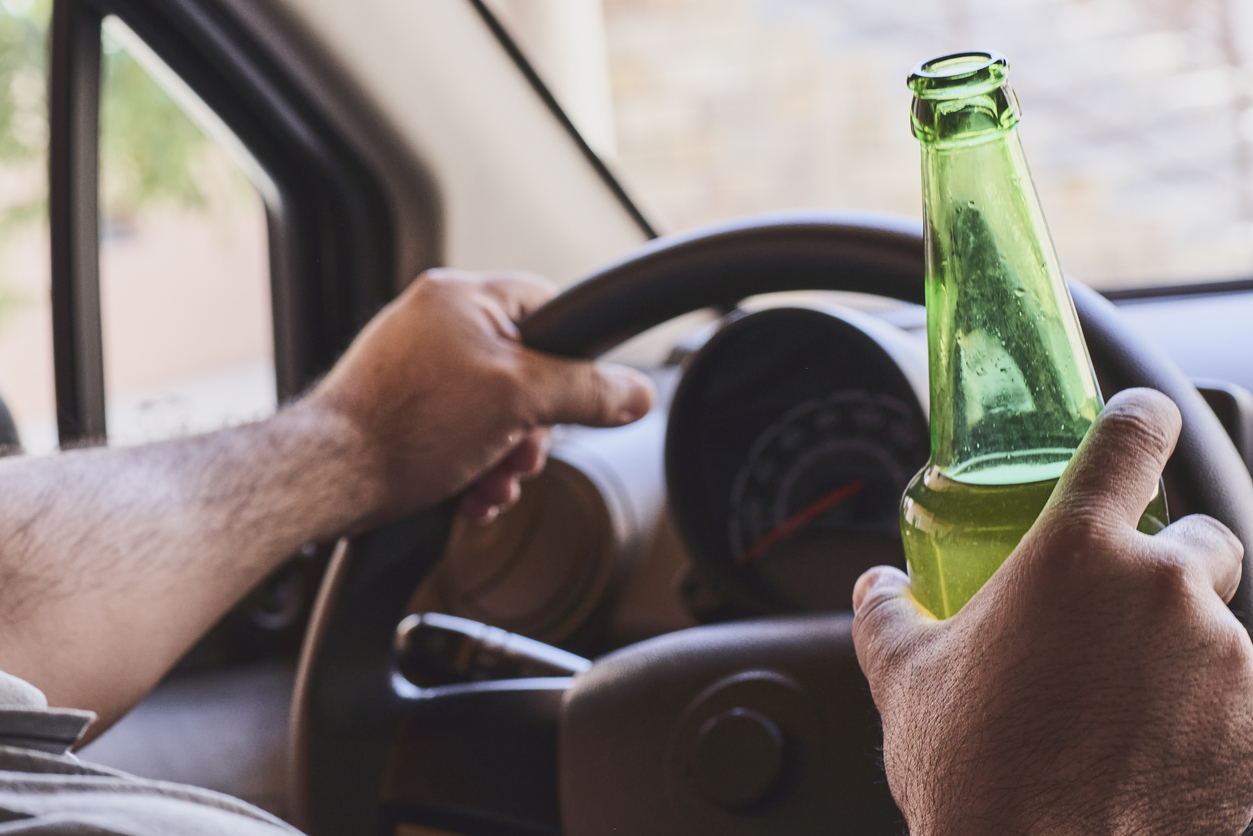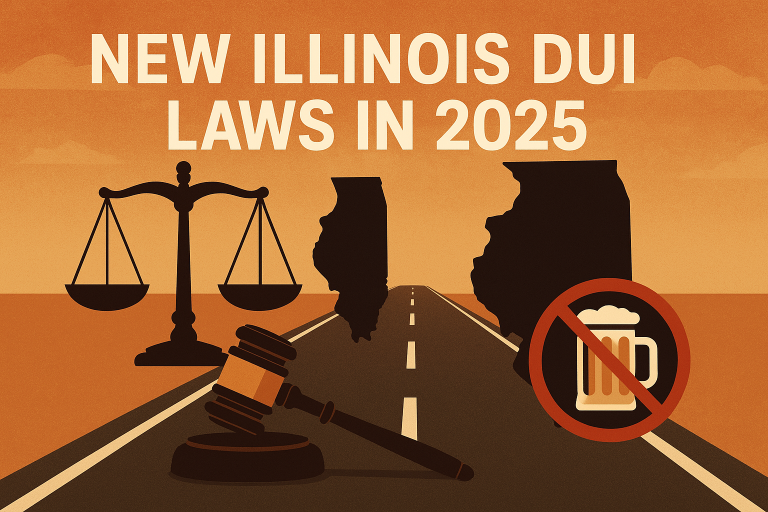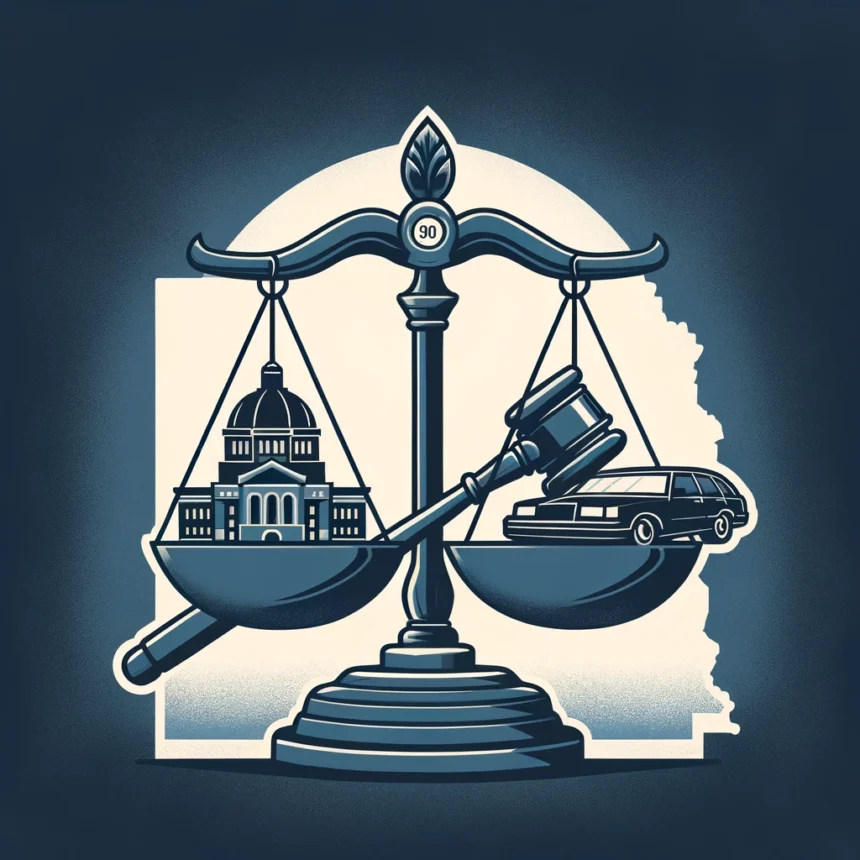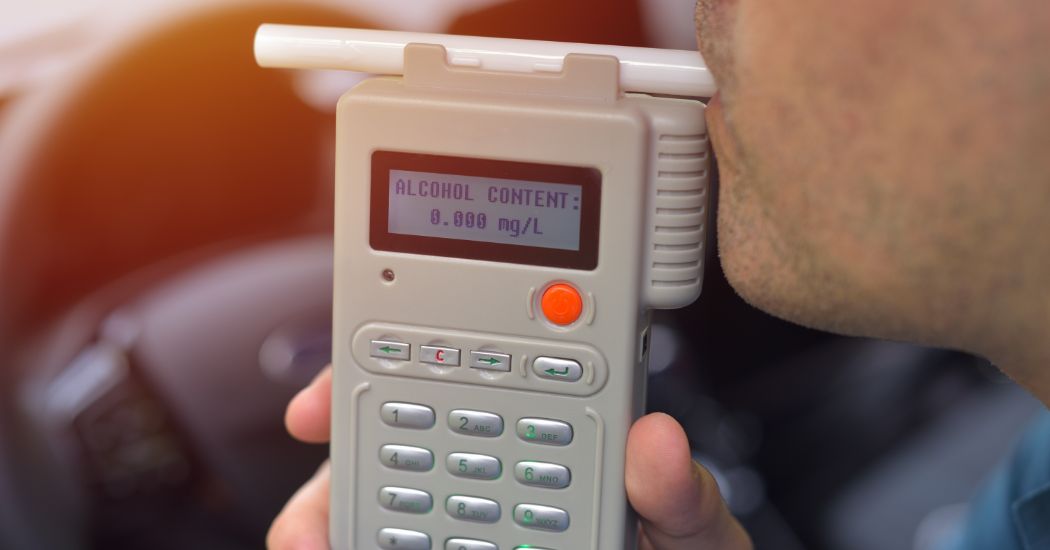DUI Laws Explained: What You Need to Know to Stay Safe and Legal Pengantar Dengan senang hati kami akan menjelajahi topik menarik yang terkait denga
DUI Laws Explained: What You Need to Know to Stay Safe and Legal
Pengantar
Dengan senang hati kami akan menjelajahi topik menarik yang terkait dengan DUI Laws Explained: What You Need to Know to Stay Safe and Legal. Mari kita merajut informasi yang menarik dan memberikan pandangan baru kepada pembaca.
Table of Content
Video tentang DUI Laws Explained: What You Need to Know to Stay Safe and Legal
DUI Laws Explained: What You Need to Know to Stay Safe and Legal

Driving under the influence (DUI) is a serious offense with potentially devastating consequences. Not only does it endanger your life and the lives of others, but it can also lead to hefty fines, jail time, and a criminal record. Understanding DUI laws is crucial for every driver, regardless of whether you consume alcohol or not. This article breaks down the key aspects of DUI laws in a clear and concise manner, helping you stay safe and legal on the road.
What is DUI?
DUI, also known as driving while intoxicated (DWI) in some states, refers to operating a vehicle while your ability to do so is impaired by alcohol, drugs (both legal and illegal), or a combination of both. This impairment can affect your judgment, coordination, reaction time, and other essential driving skills, making you a danger to yourself and others.
Blood Alcohol Content (BAC) and the Legal Limit
The most common way to measure alcohol impairment is through blood alcohol content (BAC). BAC refers to the percentage of alcohol in your bloodstream. In most countries, the legal BAC limit for drivers is 0.08%. This means that if your BAC is 0.08% or higher, you are considered legally intoxicated and can be arrested for DUI.
It’s important to note that even if your BAC is below 0.08%, you can still be arrested for DUI if law enforcement officers observe signs of impairment, such as slurred speech, unsteady gait, or poor coordination.
Implied Consent Laws
Implied consent laws state that by operating a motor vehicle on public roads, you automatically consent to submit to chemical tests (such as breath, blood, or urine tests) if a law enforcement officer has probable cause to believe you are driving under the influence.
Refusing to submit to a chemical test can have serious consequences, even if you are not ultimately convicted of DUI. Penalties for refusal often include:
- License Suspension: Your driver’s license may be suspended immediately, often for a longer period than if you were convicted of DUI.
- Increased Penalties: If you are later convicted of DUI, the penalties may be more severe due to your refusal to take the test.
- Admissibility in Court: Your refusal can be used as evidence against you in court, suggesting that you knew you were impaired.

What Happens During a DUI Stop?

If a law enforcement officer suspects you of driving under the influence, they will typically initiate a traffic stop. During the stop, the officer may:
- Observe Your Behavior: The officer will observe your behavior for signs of impairment, such as slurred speech, bloodshot eyes, or difficulty following instructions.
- Administer Field Sobriety Tests (FSTs): FSTs are a series of standardized tests designed to assess your coordination, balance, and cognitive abilities. Common FSTs include the Horizontal Gaze Nystagmus (HGN) test, the Walk-and-Turn test, and the One-Leg Stand test.
- Request a Preliminary Breath Test (PBT): The officer may ask you to take a PBT using a handheld breathalyzer. PBT results are often used to establish probable cause for an arrest, but they may not be admissible in court in some jurisdictions.
- Make an Arrest: If the officer has probable cause to believe you are driving under the influence, they will arrest you and transport you to a police station or detention center.
- Request a Chemical Test: After the arrest, you will be asked to submit to a chemical test (breath, blood, or urine) to determine your BAC or the presence of drugs in your system.

Penalties for DUI
The penalties for DUI vary depending on the specific laws in your jurisdiction, your BAC level, and whether you have prior DUI convictions. Common penalties for DUI include:
- Fines: Fines can range from several hundred to several thousand dollars.
- Jail Time: Jail sentences can range from a few days to several years, depending on the severity of the offense and prior convictions.
- License Suspension or Revocation: Your driver’s license may be suspended or revoked for a period of time, ranging from several months to several years.
- Ignition Interlock Device (IID): You may be required to install an IID in your vehicle, which requires you to blow into the device before starting the car. The car will not start if the device detects alcohol on your breath.
- Alcohol Education or Treatment Programs: You may be required to attend alcohol education or treatment programs.
- Increased Insurance Rates: Your car insurance rates will likely increase significantly after a DUI conviction.
- Criminal Record: A DUI conviction will appear on your criminal record, which can affect your ability to get a job, rent an apartment, or travel to certain countries.
Defenses Against DUI Charges
If you have been arrested for DUI, it’s important to consult with an experienced DUI attorney as soon as possible. An attorney can review the facts of your case and advise you on your legal options. Common defenses against DUI charges include:
- Lack of Probable Cause: The officer may not have had probable cause to stop you in the first place.
- Improper Field Sobriety Tests: The FSTs may have been administered incorrectly, or you may have had a legitimate reason for failing them.
- Faulty Breathalyzer: The breathalyzer may have been malfunctioning or improperly calibrated.
- Medical Conditions: Certain medical conditions can mimic the symptoms of alcohol impairment.
- Rising Blood Alcohol Content: Your BAC may have been below the legal limit while you were driving, but rose above the limit by the time you were tested.
Preventing DUI
The best way to avoid the consequences of DUI is to prevent it from happening in the first place. Here are some tips for preventing DUI:
- Don’t Drink and Drive: The simplest and most effective way to prevent DUI is to never drink and drive.
- Designate a Driver: If you plan to drink, designate a sober driver who will not consume any alcohol.
- Use a Ride-Sharing Service: Use a ride-sharing service like Uber or Lyft to get home safely.
- Take a Taxi: Call a taxi to take you home.
- Stay Overnight: If you are at a friend’s house or a hotel, stay overnight instead of driving home.
- Be Aware of Medication Interactions: Be aware of how medications can interact with alcohol and impair your driving ability.
Conclusion
DUI is a serious offense that can have devastating consequences. By understanding DUI laws and taking steps to prevent it, you can protect yourself, your loved ones, and others on the road. If you have been arrested for DUI, it’s important to consult with an experienced DUI attorney as soon as possible to protect your rights.

Penutup
Dengan demikian, kami berharap artikel ini telah memberikan wawasan yang berharga tentang DUI Laws Explained: What You Need to Know to Stay Safe and Legal. Kami mengucapkan terima kasih atas waktu yang Anda luangkan untuk membaca artikel ini. Sampai jumpa di artikel kami selanjutnya!

COMMENTS